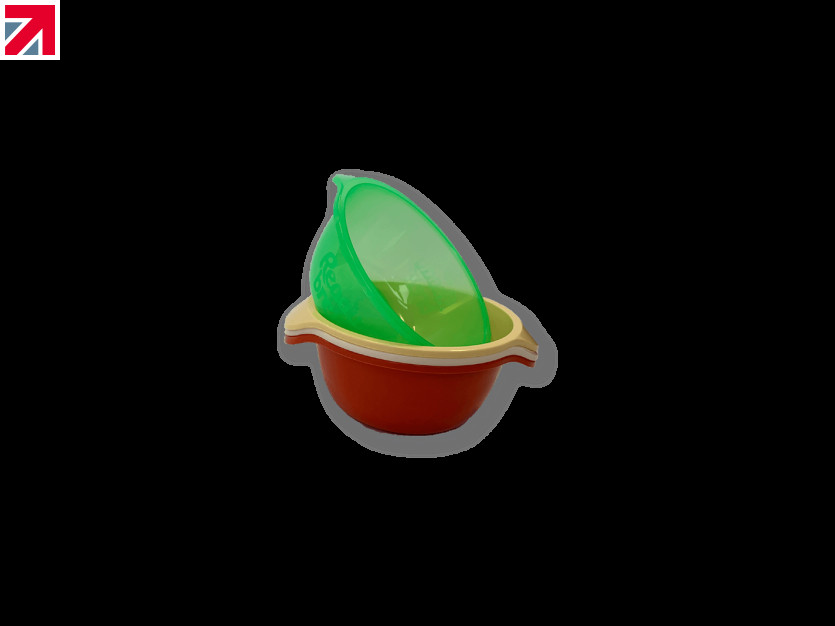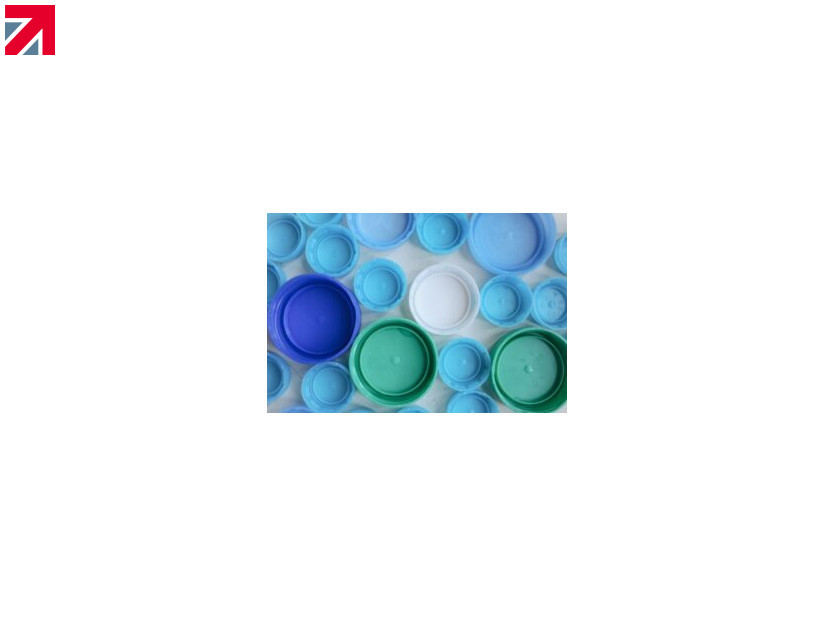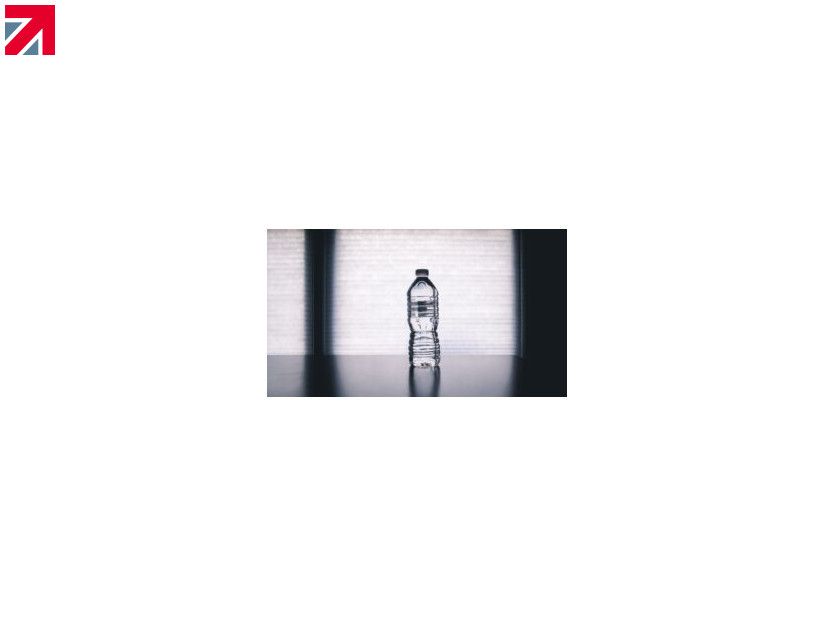Differences in Food-Grade Plastic Injection Moulding Materials
Materials that come into direct contact with food must be robust, hard-wearing, and non-reactive.
For consumer safety, it is essential that the plastics used must be able to withstand factors such as extreme temperatures, chemical exposure, & UV radiation without deteriorating. To be considered food-grade, plastic injection moulding materials must adhere to strict regulations.
Food-Grade Material Options & Their Applications
There are many food-grade material options used in plastic injection moulding, as well as other plastic fabrication methods used to create food packaging and containers. Each type of plastic option features its own unique properties.
High-Density Polyethylene (HDPE)
HDPE is highly durable and available in translucent (non-pigmented) and opaque (pigmented) options. This stiffer material is frequently used for beverage containers, cereal box liners, and plastic bags.
HDPE is more rigid, stiffer, & more brittle than LDPE. It is the most common household plastic, due in large part to its chemical & moisture resistance capabilities.
Low-Density Polyethylene (LDPE)
LDPE is commonly used for squeezable condiment bottles, container lids, and coatings for beverage cups or paper cartons. More broadly, LDPE is also popular for shrink-wrap or plastic bags used for bread or produce.
LDPE is the most flexible polyethylene option. It is odourless and non-toxic, with a high resistance to moisture.
Additionally, LDPE resists most chemicals, features high durability, can withstand heavy impacts, & tolerates all weather types.
This material is translucent & typically easy to process.
Polycarbonate (PC)
PC plastics are commonly selected for creating reusable water bottles, baby bottles, and water-cooler bottles.
Ideal for applications that require particularly tough materials, polycarbonate (PC) is strong and durable.
Polyethylene Terephthalate (PET)
PET is a highly stable, semi-rigid plastic commonly used for fabricating packaging that needs to retain its shape under pressure.
This material resists corrosion, repels microorganisms, and does not degrade when it encounters food.
Certain types of PET are also oven-safe & microwavable.
PET is often used for plastic beverage bottles, as well as jars for pickles or peanut butter. Plastic oven-safe film and microwavable food trays are also typically made from PET.
Polypropylene (PP)
PP is non-toxic, resistant to chemicals, has high toughness, and offers excellent elasticity and fatigue resistance.
This material also maintains its properties in high and low temperatures, making it very versatile. PP is a popular choice for takeout containers, squeezable syrup bottles, and butter and margarine containers.
Polystyrene (PS)
Often used for processed food boxes or snack boxes, PS will maintain its core properties when exposed to cold temperatures. This plastic has a low melting point and is typically clear and hard. Often used for rigid cutlery, cups, bowls, and other foodservice items, PS is also ideal for rigid food containers for items such as yogurt.
Choosing the appropriate material for your food or beverage application helps ensure customer safety and satisfaction.
At Dudley Associates Ltd, our in-house facilities enables us to efficiently produce low, medium or high-volume runs without sacrificing quality.
If you would like to find out more or have any questions please do not hesitate to get in touch, contact details can be found below:
Email: Sales@dudleyassociates.com or Jacob.Taylor@dudleyassociates.com
Tel: 01455 558825
Mob: 07754 857071
Our Socials can also be found below:
LinkedIn: https://www.linkedin.com/company/dudley-associates-ltd/
Instagram: https://www.instagram.com/dudleyassociates
Twitter: Dudley Associates (@DALPlastics) / Twitter
Facebook: https://www.facebook.com/DudleyAsssociates
Find out more about Dudley Associates Ltd on their member profile page here
Member-created content 2 years ago | From members


